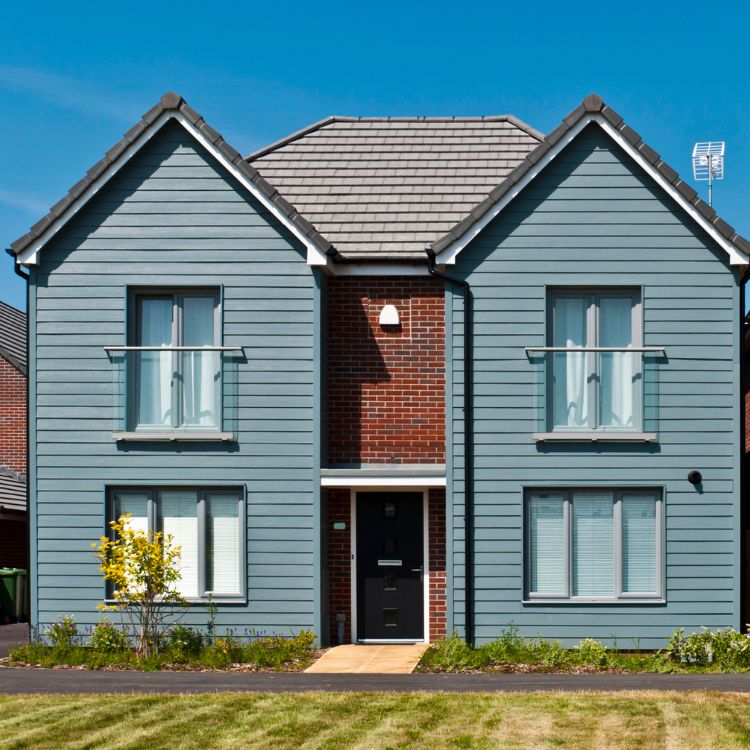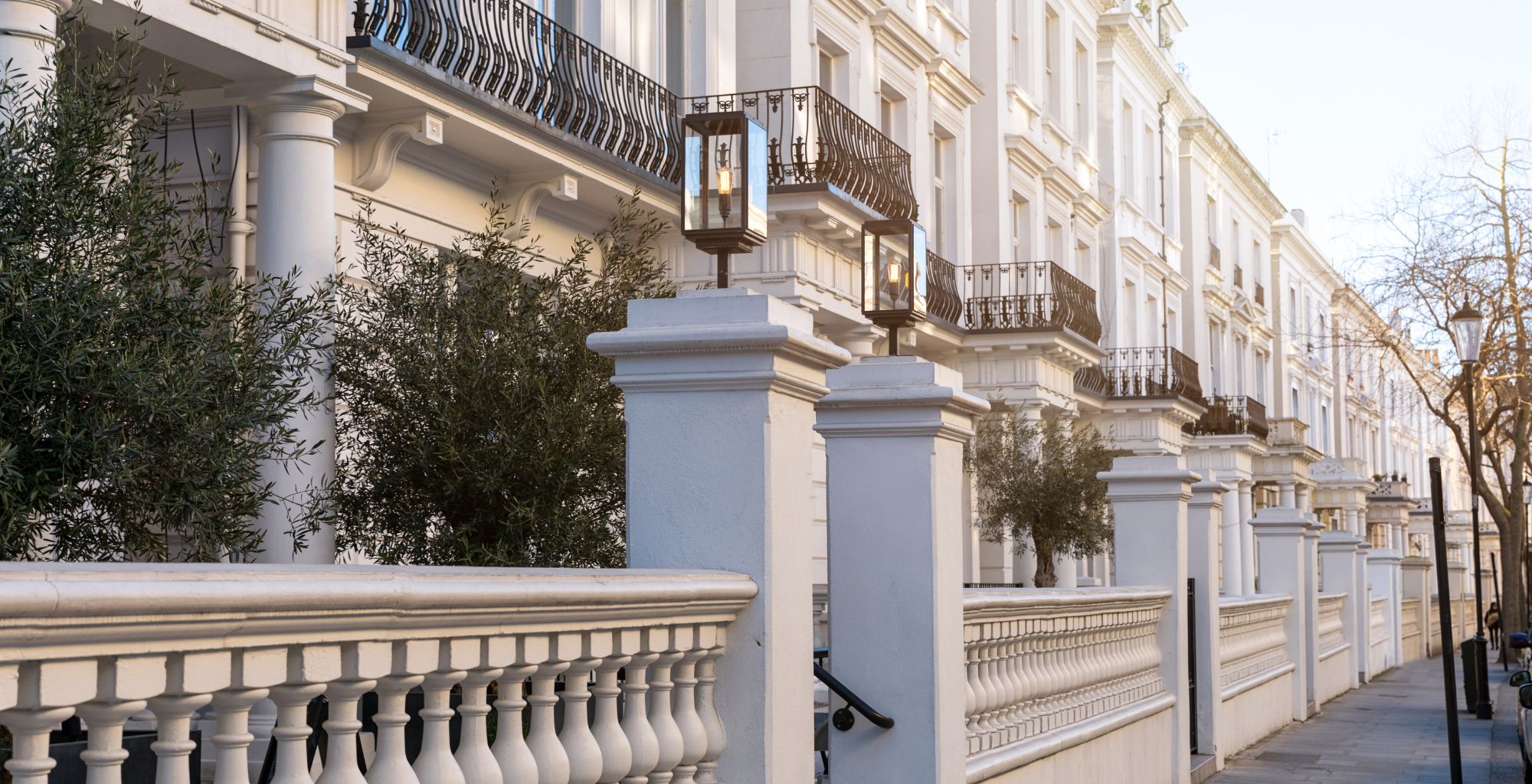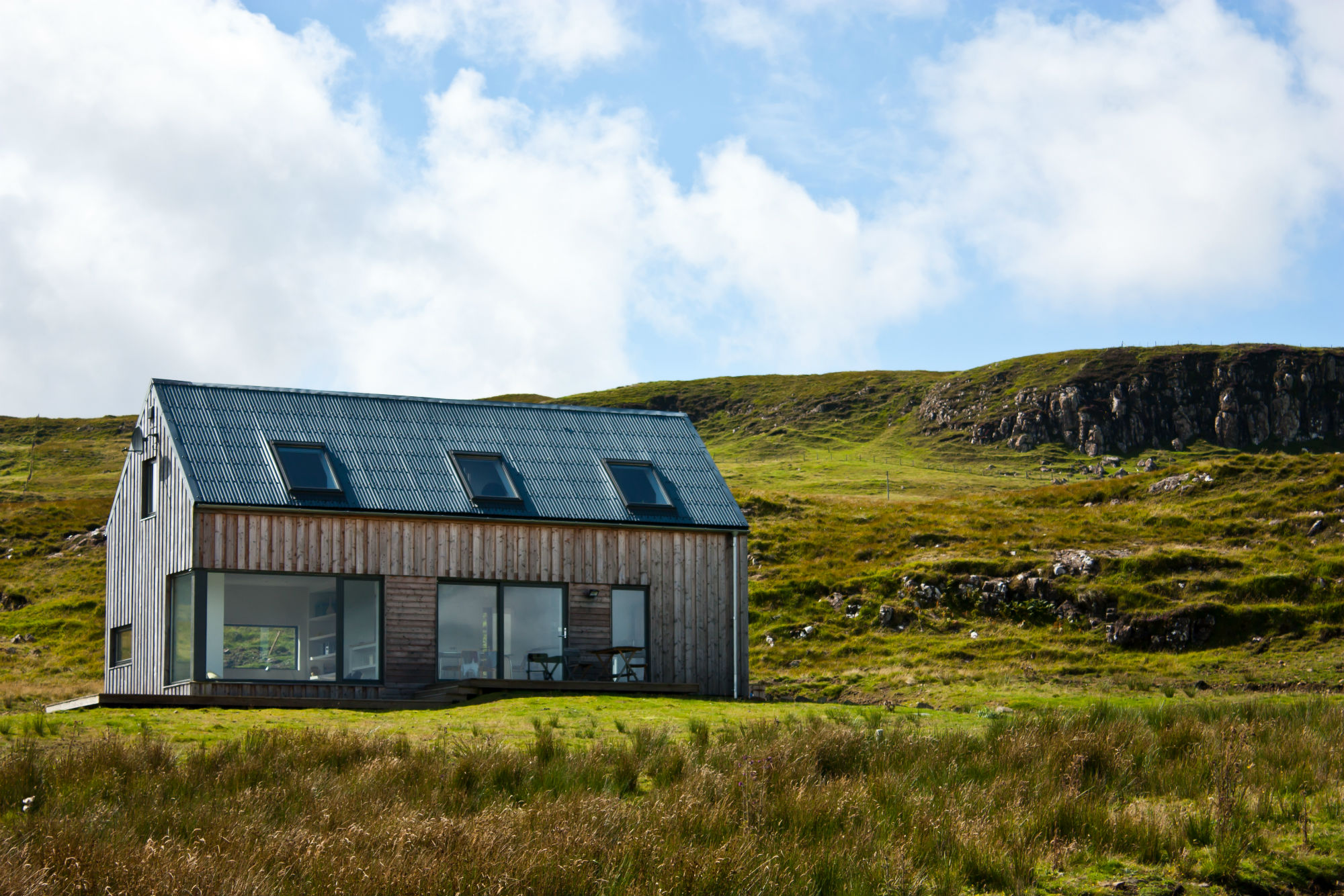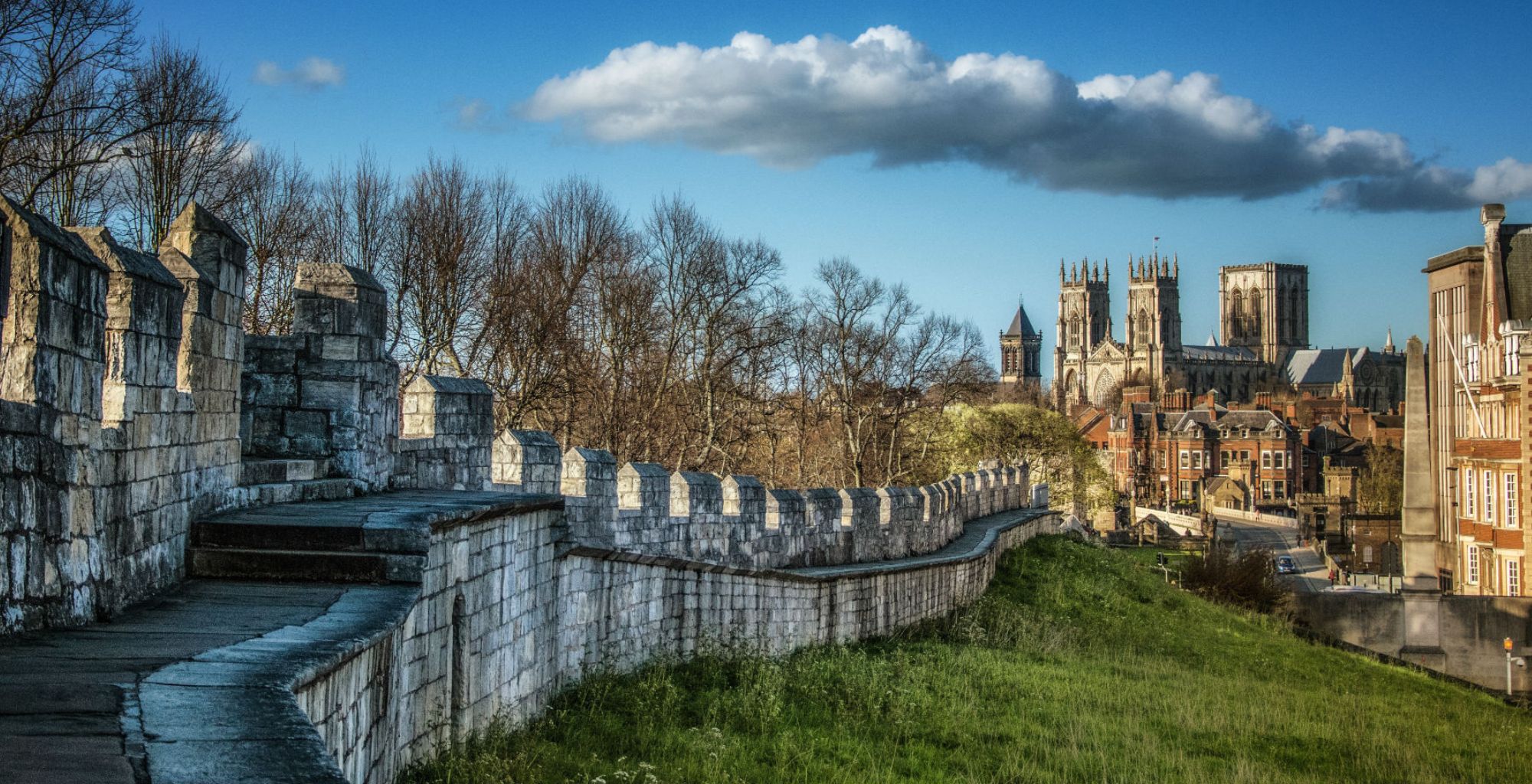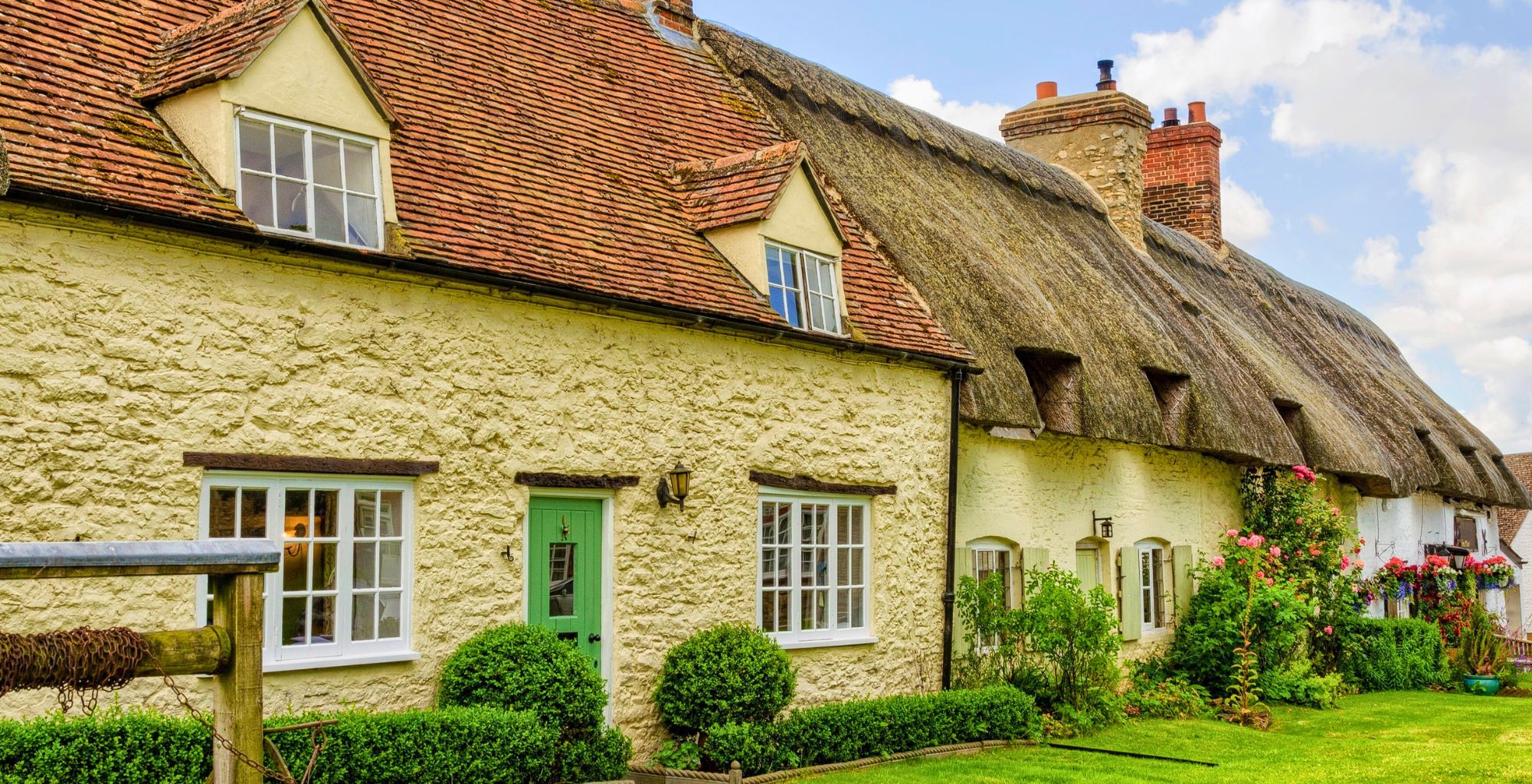Berkshire offers a blend of stunning countryside, picturesque villages, and vibrant towns, but where are the best places to...
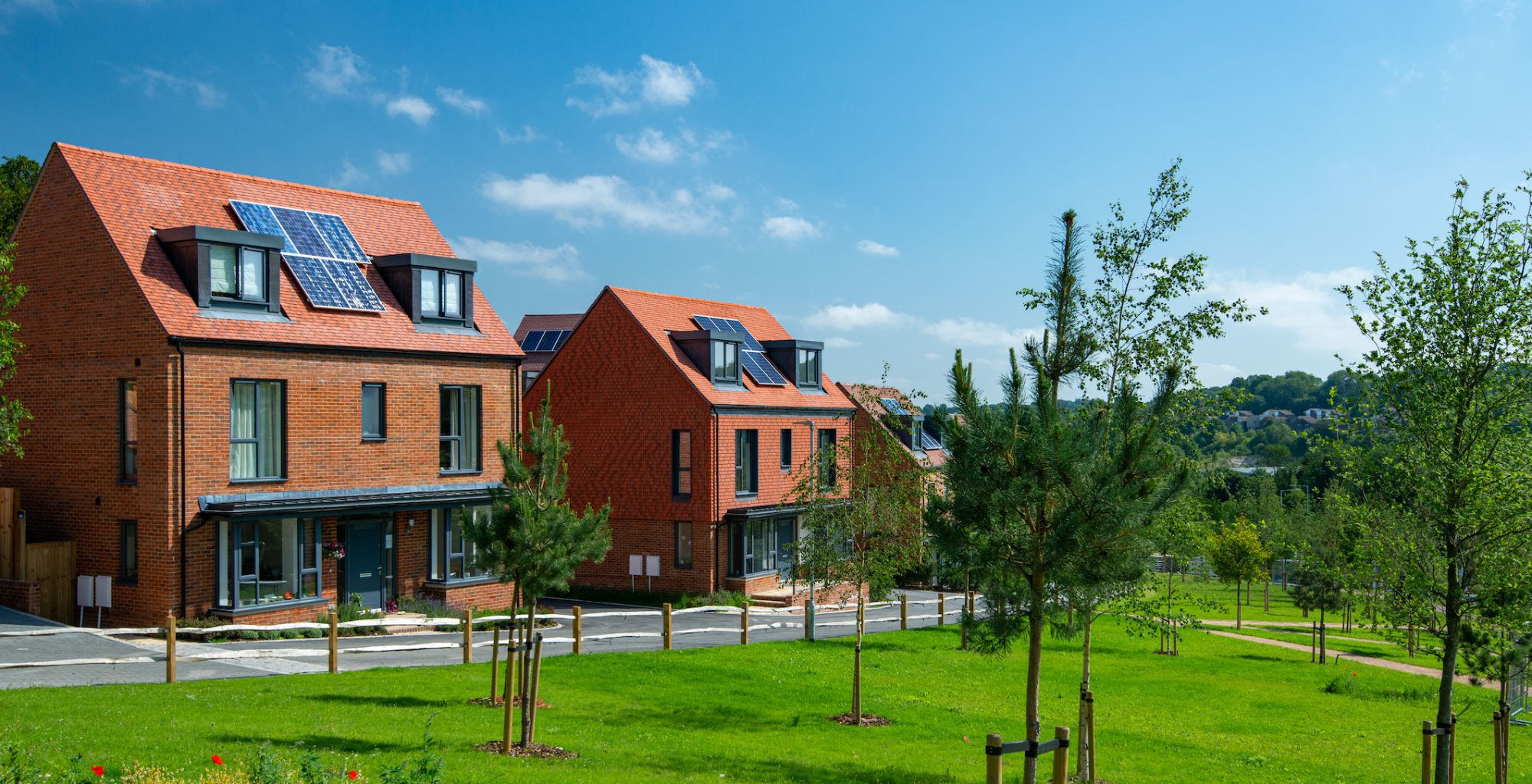
Buying a house with solar panels | Considering energy efficiency when moving
Are you considering buying a house with solar panels?
We live in an age of growing awareness about sustainability, especially regarding the energy we use. The government has recently announced a further £37m of available funding to stimulate innovation in home-grown renewable energy generation.
Although there are several alternative sources of energy, the most popular and widespread use in residential property is the array of solar panels. It is estimated that between around one million homes in the UK have solar panels as a full or supplementary alternative energy source.
The reasons for buying a house with solar panels are easy to see. Even after allowing for the energy bill reductions of the government’s recent Energy Price Guarantee, it is estimated that a typical household in the UK could save up to £514 a year following the installation of solar panels.
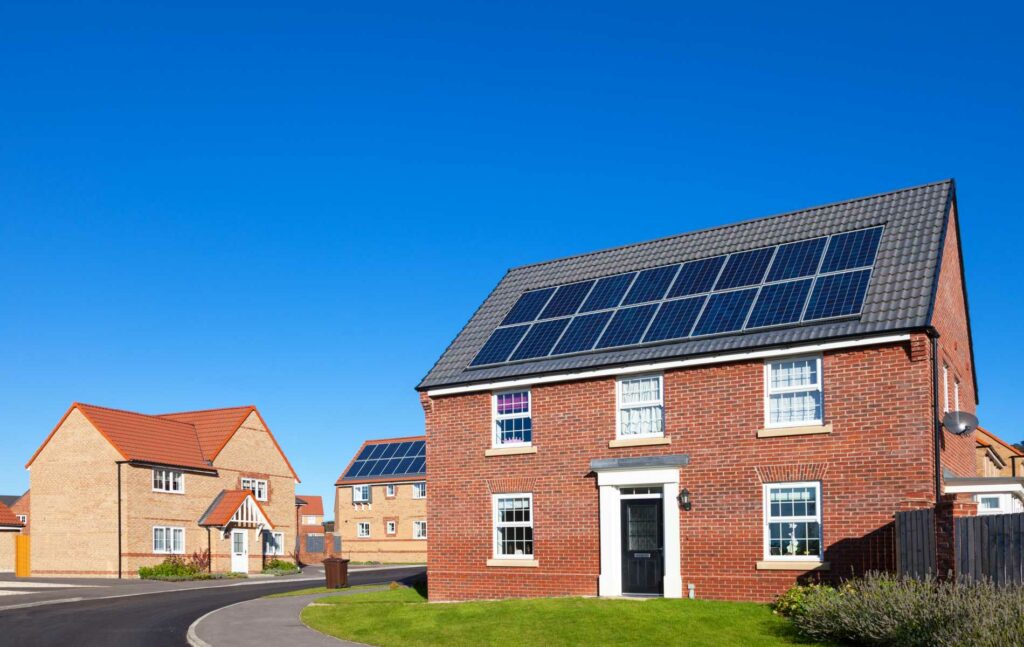
Buying a home with solar panels installed
With an increasing number of homes employing solar energy, there is a greater chance of buying a property with installed solar panels. While you enjoy any cost-savings on your energy bills thanks to the panels, you might also want to consider the potential issues surrounding a mortgage application for a home with solar panels.
The implications may vary depending on several fundamental factors, including whether the property you are buying is freehold or leasehold and whether the solar panel installation is wholly owned by the freeholders or leased from a solar energy installer.
Freehold or leasehold property
If you are buying a freehold property, you become responsible for whatever type of solar panel installation is there at the time of the purchase.
If you are the owner of a freehold property, it is typically the freeholder who continues to own the roof space and the solar panels installed upon it. The presence or otherwise of those solar panels, therefore, would be entirely a matter for the freeholder.
Mortgages are, of course, available for both freehold and leasehold properties, but in the case of the latter, any mortgage lender will scrutinise especially carefully both the length of the remaining lease and its particular terms and conditions. Including any relating to solar panels.
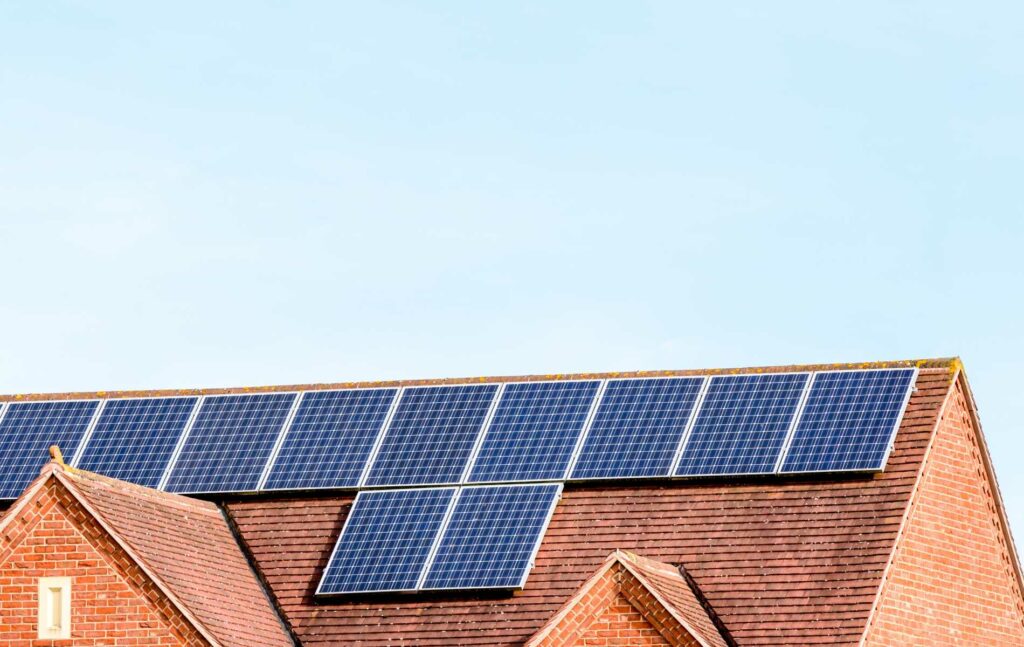
Freehold property with leased solar panels
You might also encounter issues raised by your mortgage lender if you choose to buy a home where solar panels have been installed under a lease agreement with a commercial supplier.
Until relatively recently, so-called “rent-a-roof” schemes offered free solar panel installations to homeowners by firms that leased the space on the roof. In return for the proceeds from the sale of surplus energy back to the National Grid under the “feed-in tariff” (FIT).
Following significant reductions in the value of the feed-in tariff and the steadily falling cost for homeowners wanting to install their own solar panel systems, rent-a-roof schemes have now fallen from favour, and very few continue to exist.
Nevertheless, since those householders taking up the earlier offers typically granted leases of between 20 and 25 years for the use of their roof space, many such agreements continue in force.
As far as mortgage lenders are concerned, the existence of any such lease agreement introduces legal complexities and uncertainty with respect to the ownership of the installation. Also, importantly, the ease with which the property can be resold following any need for its repossession.
Some lenders, therefore, may simply reject an application for a mortgage if there are solar panels installed on the property still subject to such a lease agreement.
If a mortgage lender remains willing to advance a loan on such a property, the precise terms of the lease agreement will be scrutinised. The lender might insist that the terms of the lease allow the unconditional right for the property owner to end the lease.
Whether the lease is ended by the sellers of the property or the new owners, a cost is inevitably involved. This may, therefore, influence the lender’s assessment of the affordability of the loan, along with the legal implications of terminating any lease.
Freehold property with wholly-owned solar panels
The least problems are likely to be involved if the solar panels installed on the property in question are free of any lease agreement and are wholly owned by the freeholder. But there may still be issues that need to be addressed in any mortgage application.
Although there are no issues surrounding the ownership of the solar panels, the fact remains that the installation is a relatively major alteration to the fabric of the property. It may, therefore, affect the structural integrity of the building.
In the unlikely event that the sellers want to uninstall the solar panel array and take it with them when they go, your mortgage lender will want to be assured that no structural damage was incurred in the process.
Indeed, if you subsequently decide on the removal of the panels, your mortgage lender will need to be informed. Plus, any structural alterations will need to be squared with the insurers of the building. Since the maintenance of adequate building insurance throughout the term of any mortgage is almost certain to be a condition of your mortgage lender.
In any event, your mortgage lender is likely to examine any warranty or ongoing maintenance agreement applicable to the solar panels. Not only for assurance that they were professionally installed, but that the system also meets the conditions imposed by any home insurer.
Buying a house with solar panels
When sustainability is high on the list of many homeowners’ priorities, solar panels may solve many domestic energy-use issues. Any solar panel installation is almost certain to reduce your ongoing electricity bills.
The environmental and economic benefits of domestic energy generation from solar panels have meant that they are now installed in more than a million UK homes. There is, therefore, a somewhat higher chance of your buying a property with them already installed.
While you stand to enjoy the reduction in energy bills that solar panels may bring, you might want to consider some of the issues that may be raised by prospective mortgage lenders – depending on the type of property you are buying and the nature of the solar panel installation itself.
For more information about our services and to speak with a member of our team regarding your property search, please contact us.
